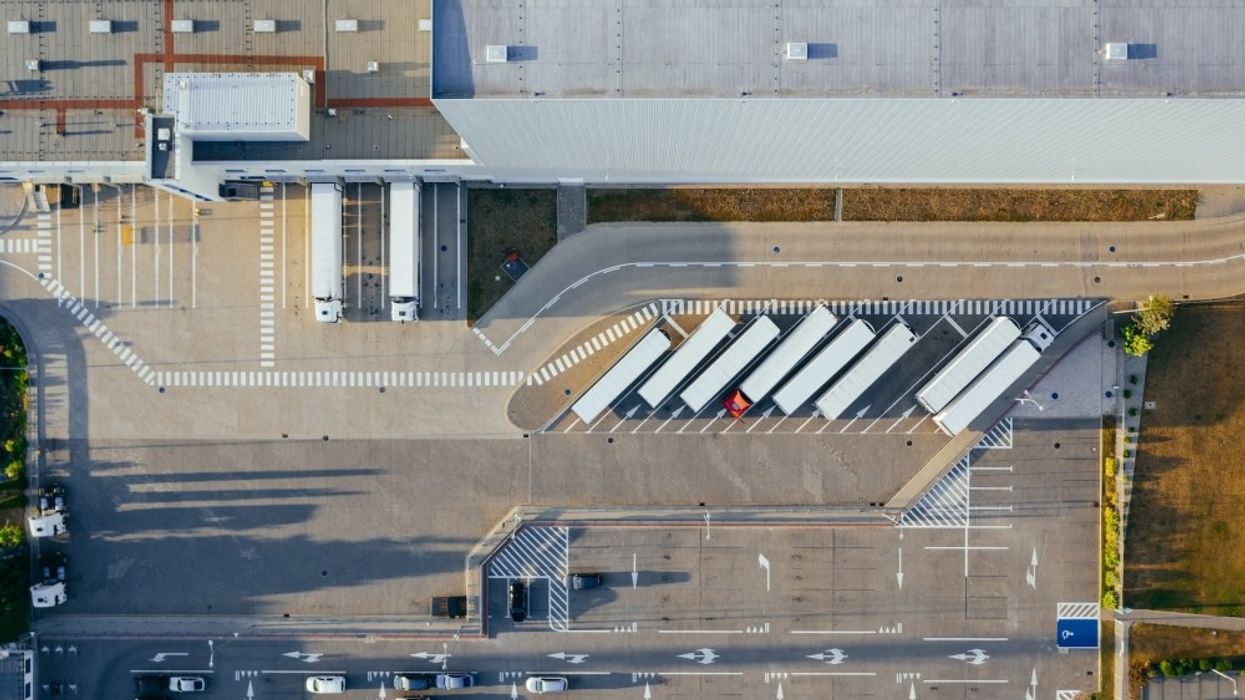It's rare to have a conversation about industrial real estate in Metro Vancouver and not have the region's extremely-low vacancy rate come up, and there's no reason to think that's going to change any time soon.
Metro Vancouver continues to have the lowest industrial vacancy rate in Canada, at 0.4%, according to an Avison Young industrial market report published this week.
This time last year was when the industrial market first hit 0.5% vacancy, and it has remained below 0.5% ever since, going a record-high five consecutive quarters with a sub-0.5% vacancy.
Furthermore, Avison Young concludes that "it is unlikely that the market will exceed this new threshold in the near term."
An estimated 2.5M sq. ft of industrial space is expected to be delivered in Q4 2022, but 95% of that already has a tenant attached to it, as of Q3.
Avison Young says that while inflation is showing signs of subsiding, construction costs continue to be unstable, and labour shortages remain a problem, "limited supply and pent-up demand are expected to carry the market through the chopping waters forecast for 2023."
RELATED: “A Perfect Storm”: Why BC Industrial Real Estate Demand is Migrating to Alberta
From the perspective of industrial space lease rates, the Metro Vancouver market continues to see highs unseen elsewhere in Canada due to unrelenting demand and supply constraints.
At $21.28/sq. ft, the asking base lease rate is at an all-time high, with no other market in Canada above $20 and second-place Toronto at $16.15, a full 32% lower. And Metro Vancouver's record-breaking lease rate is one that has increased every single quarter since spring 2017, Avison Young says.
Avison Young notes that other markets in Canada are starting to see rising availability, which has sparked conversations about possible-oversupply, but that could not be less the case in Metro Vancouver, where "natural barriers and land use policies have historically prevented the market from overbuilding."
In an interview with STOREYS before this Avison Young report was published, Colliers' industrial expert in Vancouver, Dan Jordan, said that land use policies were indeed something the City of Vancouver has to reassess.
"They need to rethink allowable uses and the definition of allowable uses within certain zones," Jordan said. He points to the example of tobacco manufacturing, one of several uses the City allows under M-1 (Industrial) zoning, but notes that tobacco manufacturing is not even happening within city limits.
RELATED: PC Urban Proposing 3 Stacked Industrial and Office Buildings for Marpole
Jordan also says that because land for industrial space is so hard to come by, the City can no longer afford to rely on single-floor industrial space and should turn more towards stacked -- multi-floor -- industrial spaces. He points to the strata-industrial Marine Landing -- which was originally slated to be completed in two phases, but was then consolidated into one after sales went better than expected -- as an example of the kind of industrial space Vancouver needs more of.
Jordan's colleague at Colliers, Susan Thompson, previously told STOREYS the same thing, pointing to 8351 Fraser Reach Court, a 707,056 sq. ft two-storey industrial space in Burnaby that Amazon began occupying in August. Thompson said that once Metro Vancouver has more stacked industrial success stories, she expects the concept to start taking off. In other words, when there is no more land to build across, the only place left is up.





















